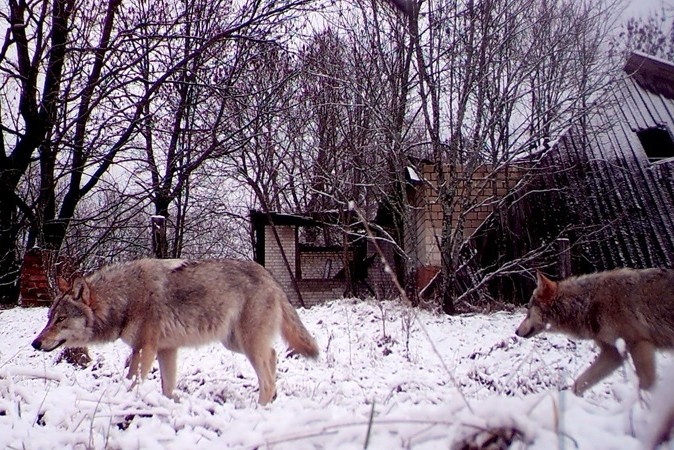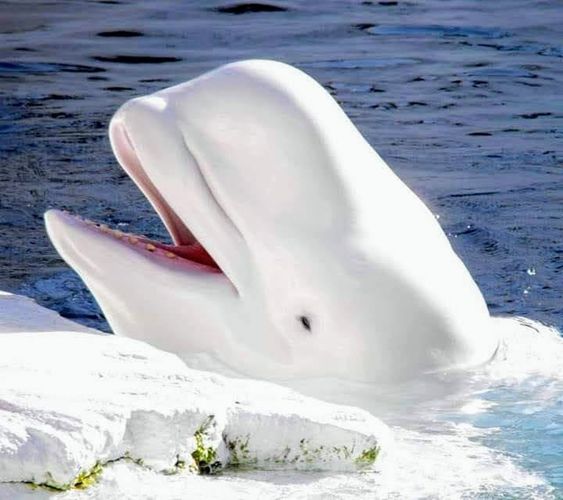Wolves living in the Chernobyl exclusion zone modified their immune systems in a similar way to cancer patients undergoing radiation therapy.

Wolves roam in the Chernobyl exclusion zone. Photo: Reuters
New research shows that wolf populations living in the Chernobyl exclusion zone (CEZ) are genetically distinct from their counterparts living outside the area. In particular, radioactive wolves seem to develop protective mutations that help increase cancer survival rates, IFL Science reported on February 8.
Like many other animals, wolf packs have thrived in Ukraine’s CEZ since the area was abandoned after the 1986 nuclear disaster. Due to the absence of humans, wild animals reproduce unhindered. return. However, to adapt to this free environment, they also have to face the problem of radiation. In an effort to understand how animals survive, Cara Love, an evolutionary biologist and ecotoxicologist at Princeton University, has been studying wolves in Chernobyl for the past decade.
In 2014, Love and his colleagues went to the CEZ and collected blood samples from wolves to understand their response to cancer-causing radiation. Some animals were also fitted with radio collars to collect information about their location and radiation exposure in real time.
Research results show that wolves in the CEZ are exposed to more than 11.28 millirem of radiation per day in their lives, more than 6 times higher than the allowable level for workers. The study also found that wolves change their immune systems similar to how cancer patients undergo radiation therapy. Furthermore, genetic analysis shows that part of the wolf genome has developed cancer tolerance. Similar findings were also recorded in hundreds of semi-wild dogs living in the CEZ region. In 2023, scientists found that stray dogs in Chernobyl were genetically different from domestic dogs elsewhere in the world.
Love’s discovery could impact human health. Love hopes to use the research results to identify protective mutations that increase survival rates for people with cancer. However, the Covid-19 pandemic and the Russia-Ukraine war prevented Love and his colleagues from returning to CEZ. They are not sure when they can return. They announced their findings at the annual meeting of the Society for Integrative and Comparative Biology in Seattle, Washington.





